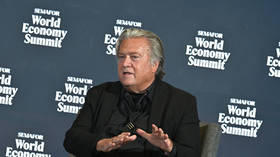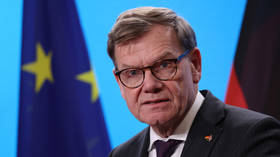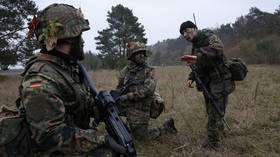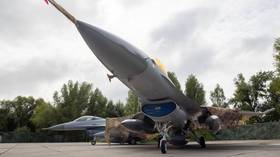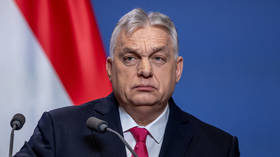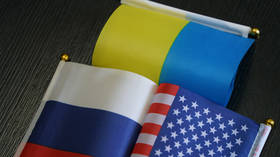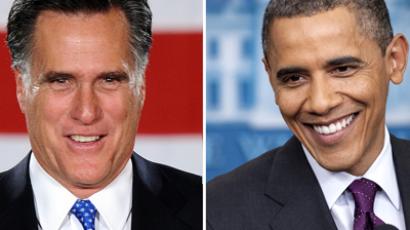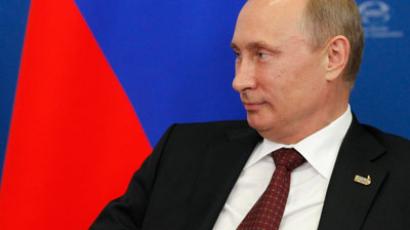Moscow calling but NATO not answering
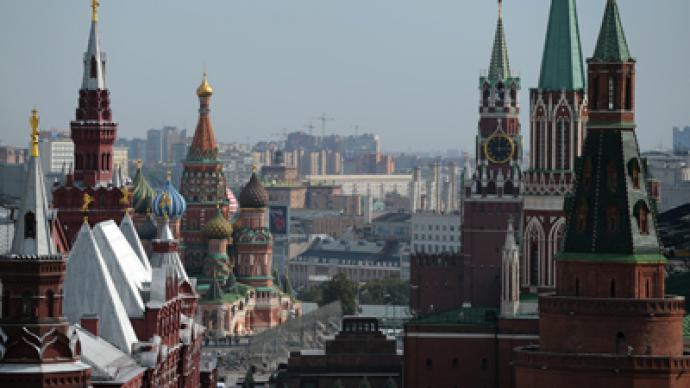
From the question of US missile defense in Europe to cooperation with the Collective Security Treaty Organization (CSTO), NATO is giving Russia the cold shoulder.
In April 2012, the CSTO countries – comprised of Armenia, Belarus, Kazakhstan, Kyrgyzstan, Russia and Tajikistan – proposed establishing contacts with NATO. According to Igor Lyakin-Frolov, Russia's envoy to CSTO there has been no response. CSTO General Secretary Nikolai Bordyuzha has said the western military alliance does not want to work with CSTO for “political reasons.”"There are no real prospects," Bordyuzha said. "We are a self-sufficient organization. We have enough problems that we are resolving, and we are not suffering from the absence of official contacts with NATO.”The CSTO’s top-ranking official admitted that cooperation between the two organizations would assist in various international efforts, including in anti-drug trafficking, which has skyrocketed since NATO began military operations against the Taliban in Afghanistan in late 2001."Judging by what is happening in Afghanistan, I think it is obvious that the absence of such contacts is bad, first of all for NATO,” he said. “We could be of great assistance, but, unfortunately, their approaches are different."Instead of uniting their efforts, “we are putting more emphasis on political differences than on joint security efforts," Bordyuzha said. Meanwhile, NATO has also remained silent on Russia’s request that it provide legally binding guarantees that the US missile shield, slated for Eastern Europe, in addition to various other sites, is not targeted against it."We are continuing dialogue, but there is less and less time with each passing day" to reach an agreement on missile defense, Foreign Minister Sergey Lavrov told reporters in New York this week on the sidelines of the UN General Assembly meeting.The Russian diplomat said Washington is responsible for providing an answer because inside of NATO “the United States decides everything.” Lavrov also noted that the “project is American…it is the US’s global missile defense system."The Foreign Minister then asked why, if the system is not designed with Russia in mind, NATO was so adamant against legal guarantees."They are so far getting away with unfounded statements that this [missile defense system] is not targeted against Russia,” Lavrov said. “But if this is so, is it really difficult to formalize this in legally binding guarantees, which would be based on commonly agreed-upon criteria?”Such a contractual agreement would make it possible for Russia to track the development of the missile defense system at every stage in order to ensure that the system really does not pose any threat to the Russian Federation.Lavrov admiited that there has been “no progress” on the issue.Following Lavrov’s comments, NATO Deputy Secretary General Alexander Vershbow told an international conference on NATO-Russia partnership that some Russian scientists and military experts recently made a number of “very constructive proposals” on how NATO and Russia could improve confidence and "build a foundation for cooperation."Vershbow said he sincerely hoped that NATO would analyze these proposals.Robert Bridge, RT



